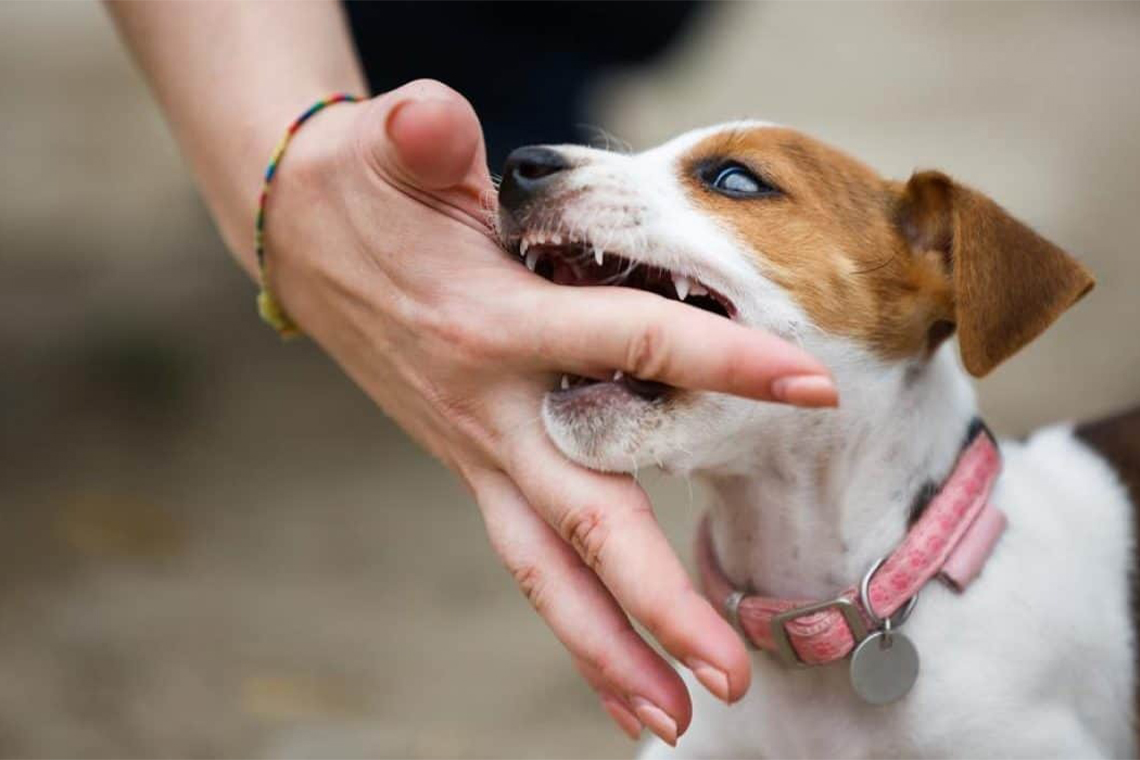Keeping the peace – How to avoid fights during dog playtime
Dogs are known for their playful and lively nature, and their love for playtime is well-documented. However, sometimes dog play can quickly turn into a fight, and this can be a concerning issue for dog owners. As much as we love our furry friends, we must be aware of the potential dangers of dog fights and take the necessary precautions to avoid them.
In this blog post, we’ll discuss how dog play can turn into a fight and identify 11 common problems that dog owners should watch out for.
Lack of Socialization
Socialization is crucial in a dog’s life, especially during their puppyhood. A puppy that is not socialized properly may grow up to be fearful, anxious, and may not understand the proper ways to interact with other dogs. This lack of socialization can lead to misunderstandings during playtime and ultimately escalate to a fight.
To avoid this problem, it’s important to socialize your puppy from an early age. Introduce your puppy to other dogs and people, and encourage positive interactions. This will help your puppy develop good social skills and avoid future conflicts.

Misinterpretation of Play Signals
Dogs use body language and vocalizations to communicate with each other during playtime. However, sometimes one dog may misinterpret the other’s play signals, leading to a misunderstanding that can escalate into a fight. For example, a dog may misinterpret a play bow as a threat and respond aggressively.
To avoid this problem, it’s important to observe your dog’s body language during playtime. Learn to recognize the signs of playfulness and aggression, and intervene if necessary.
Resource Guarding
Dogs can be possessive of their toys, food, or other resources, and this can lead to fights during playtime. If one dog feels that their resources are being threatened, they may respond aggressively to protect them.
To avoid this problem, it’s important to supervise playtime and remove any toys or resources that may cause conflict. Teach your dog to share their toys and food with other dogs, and intervene if necessary.
Size and Strength Differences
Dogs come in different sizes and strengths, and this can be a problem during playtime. A larger or stronger dog may accidentally injure a smaller or weaker dog, leading to a fight. Similarly, a smaller dog may feel intimidated by a larger dog and respond aggressively.
To avoid this problem, it’s important to supervise playtime and separate dogs of significantly different sizes or strengths. Encourage playtime with dogs that are of a similar size and strength to avoid any accidental injuries.
Rough Play
Some dogs enjoy rough play, such as wrestling and chasing. However, rough play can quickly turn into a fight if one dog becomes too rough or aggressive. If a dog feels overwhelmed or threatened during rough play, they may respond aggressively to protect themselves.
To avoid this problem, it’s important to supervise playtime and intervene if play becomes too rough or aggressive. Teach your dog to play gently and discourage any rough or aggressive play.
Overstimulation
Some dogs can become overstimulated during playtime, leading to hyperactive or aggressive behavior. Overstimulation can be caused by a variety of factors, including loud noises, excessive play, and excitement.
To avoid this problem, it’s important to monitor your dog’s behavior during playtime and intervene if they become overstimulated. Take breaks during playtime and calm your dog down if necessary.
Poor Training
Proper training is essential for dogs, and this includes training for playtime behavior. A poorly trained dog may not understand the rules of playtime and may respond aggressively to other dogs.
To avoid this problem, it’s important to train your dog properly, including training for playtime behavior. Teach your dog basic obedience commands and encourage positive interactions with other dogs. If your dog exhibits aggressive behavior during playtime, seek the help of a professional dog trainer.
Health Issues
A dog that is in pain or discomfort may respond aggressively to other dogs during playtime. Health issues such as ear infections, dental problems, or joint pain can cause a dog to become irritable and aggressive.
To avoid this problem, it’s important to take your dog to the veterinarian regularly for checkups and treatment of any health issues. If your dog exhibits aggressive behavior during playtime, it’s important to rule out any underlying health issues.

Territorial Behavior
Dogs can be territorial and may respond aggressively to other dogs that enter their territory. This can be a problem during playtime, especially in multi-dog households.
To avoid this problem, it’s important to supervise playtime and ensure that each dog has their own space and toys. If your dog exhibits territorial behavior during playtime, seek the help of a professional dog trainer.
Poorly Supervised Playtime
Unsupervised playtime can lead to a variety of problems, including fights between dogs. Without supervision, dogs may become too rough or aggressive during playtime.
To avoid this problem, it’s important to supervise playtime and intervene if necessary. Keep an eye on your dogs and monitor their behavior during playtime.
Introducing New Dogs
Introducing a new dog into a household can be a stressful and challenging experience for all involved. If the introduction is not done properly, it can lead to fights between dogs.
To avoid this problem, it’s important to introduce new dogs slowly and carefully. Keep the dogs separated at first and gradually introduce them to each other in a controlled environment. Seek the help of a professional dog trainer if necessary.
To Conclude
Dog play is an important aspect of a dog’s life, and it’s essential for their physical and mental well-being. However, it’s important to be aware of the potential dangers of dog fights and take the necessary precautions to avoid them. By understanding the common problems that can lead to fights during playtime, dog owners can help ensure that their furry friends have a safe and enjoyable playtime experience. So, go ahead and let your dogs play, but remember to always supervise them and intervene if necessary.












